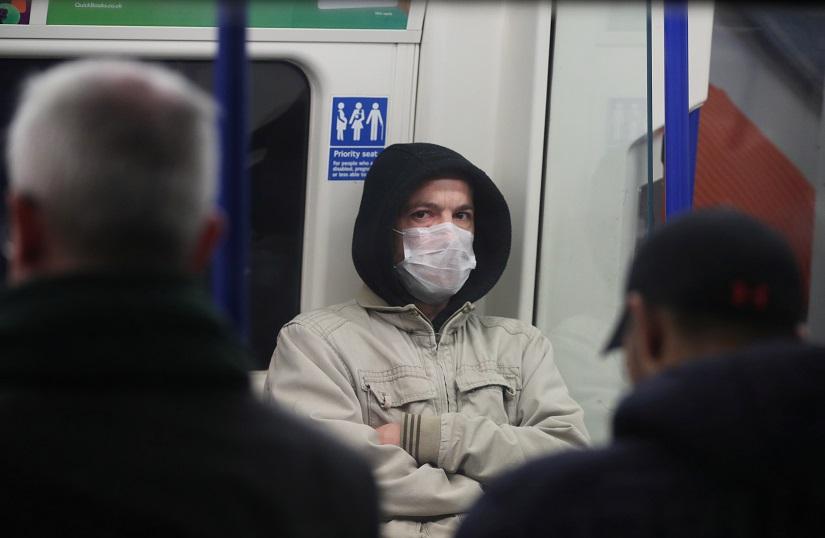 The UK government on Tuesday (Mar 17) launched an advisory for British nationals to avoid all non-essential international travel for an initial 30-day period as part of toughening measures to tackle the coronavirus outbreak in the country, which has reported 55 deaths from COVID-19.
The UK government on Tuesday (Mar 17) launched an advisory for British nationals to avoid all non-essential international travel for an initial 30-day period as part of toughening measures to tackle the coronavirus outbreak in the country, which has reported 55 deaths from COVID-19.
UK foreign secretary Dominic Raab told the House of Commons that the Foreign and Commonwealth Office (FCO) had taken the decision as a number of countries, including Bangladesh, put travel and visa restrictions in place.
“UK travellers abroad now face widespread international border restrictions and lock downs in various countries,” said Raab.
“The speed and range of those measures across other countries is unprecedented. So I have taken the decision to advise British nationals against all non-essential international travel,” he said.
The FCO advisory on Bangladesh warns of an outbreak confirmed in the region as well as travel restrictions on Europe.
"The Bangladesh authorities have introduced new measures in relation to coronavirus (COVID-19), which include denying entry to passengers travelling from Europe, whether directly or indirectly via a third country, effective from Mar 16 to 31. At this stage, passengers arriving from the UK will not be affected, but this could change at short notice," the advisory notes.
The FCO said that its advice to avoid all travel as far as possible reflects the pace at which other countries are either closing their borders or implementing restrictive measures in response to the global coronavirus pandemic.
Often there is little or no notice when countries take these steps and restrictions are also being imposed in areas where no cases of coronavirus have yet been reported. They are therefore very difficult to predict, it notes.
Raab told the Commons: “British people who decide that they still need to travel abroad should be fully aware of the increased risks of doing so. That includes the risk that they may not be able to get home, if travel restrictions are put in place.
"Anyone still considering travel to be realistic about the level of disruption they are willing and able to endure, and to make decisions in light of the unprecedented conditions we face.”
The UK government has said that it is not currently advising British people to immediately return to the UK if they are overseas, except for a few countries. However, British people should keep in mind that flights may be cancelled at short notice or other travel restrictions may be put in place by foreign governments, it warns. If people do want to return to the UK soon, then they need to take account of the fast moving situation and plan accordingly, while flights remain available in many places.
“Whether travel is essential or not is a personal decision and circumstances differ from person to person. It is for individuals themselves to make an informed decision based on the risks and FCO advice. Anyone still planning to travel should check the validity of their travel insurance,” the FCO said.
UK inward and outward travel has already fallen by a significant amount since the outbreak of coronavirus. Ryanair, Virgin and EasyJet have cut flights by 80 per cent this month and IAG, the owner of British Airways, has decreased capacity by 75 per cent.
The FCO said its “extensive diplomatic network” is continuing to work around the world to support British people at the greatest risk of exposure to the virus.
In the last week, 430 changes have been made to FCO Travel Advice – more than in the entirety of 2019.


